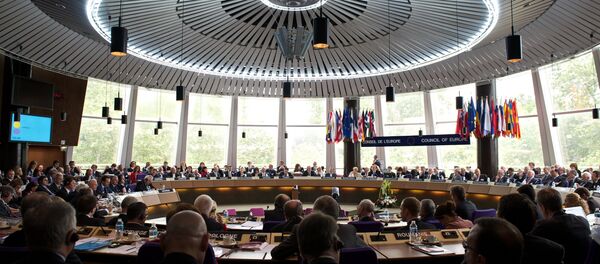Internet Connection Records (ICRs) will not show what pages are visited on individual sites or what, if any action is performed on them, but the Investigatory Powers Bill will compel providers to show every site a user lands on and when it was accessed.
The Food Standards Agency, Department of Transport, Gambling Commission, Gangmasters and Labour Abuse Authority, and the Northern Ireland Fire and Rescue Board are among the agencies that will be privy to citizen’s online information, along with several other law enforcement entities.
The bill has spearheaded by UK Prime Minister Theresa May, as an earlier version was defeated by the Liberal Democrats.
On Twitter US whistleblower Edward Snowden accused May of "expanding powers of mass surveillance."
Privacy International campaign director Harmit Kambo told the Independent in July, "Instead of responding to public alarm about the Edward Snowden disclosures by rolling back state surveillance powers, [May] has instead ratcheted it up with the Investigatory Powers Bill, the most intrusive surveillance legislation of any democratic country."
A draft version of a code of practice for the law indicates that when agencies apply to obtain a user’s records they must clarify what they are investigating, the person they are investigating, why that person is linked to the event in question, and why the data is pertinent to the investigation.
Matt Burgess writes in Wired UK, "For the first time, security services will be able to hack into computers, networks, mobile devices, servers and more under the proposed plans. The practice is known as equipment interference and is set out in part 5, chapter 2, of the IP Bill. This could include downloading data from a mobile phone that is stolen or left unattended, or software that tracks every keyboard letter pressed being installed on a laptop."
New positions will be created to monitor the new government powers granted by the "Snooper’s Charter." May will appoint an Investigatory Powers Commissioner and other judicial commissioners to make public reports, offer recommendations, and "audit compliance and undertake investigations."




